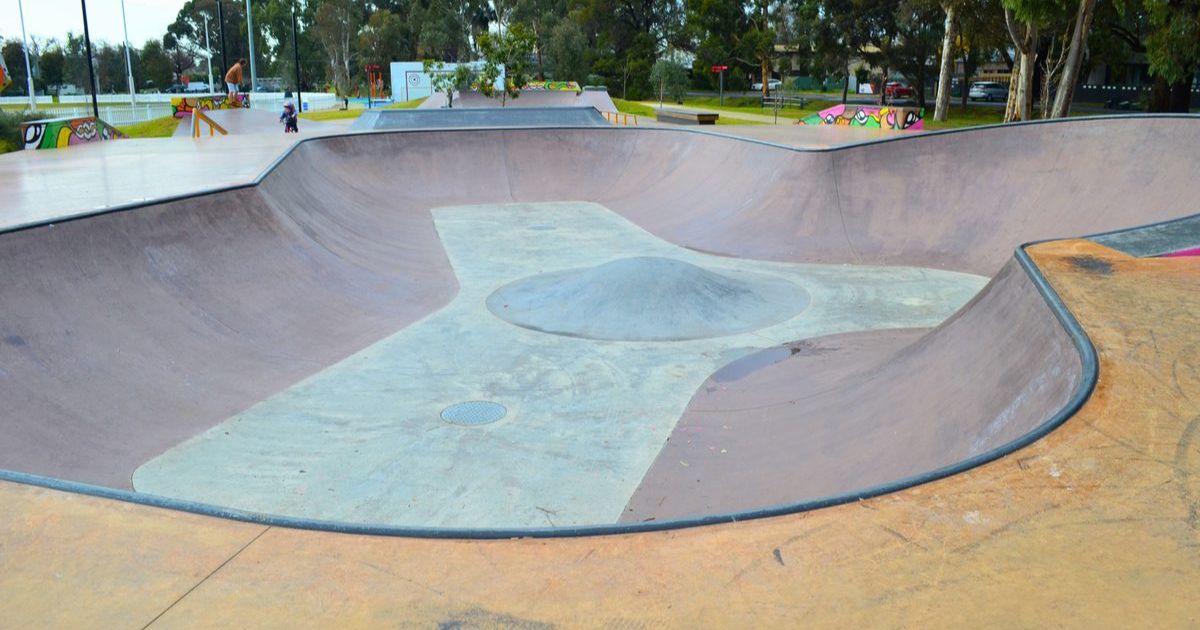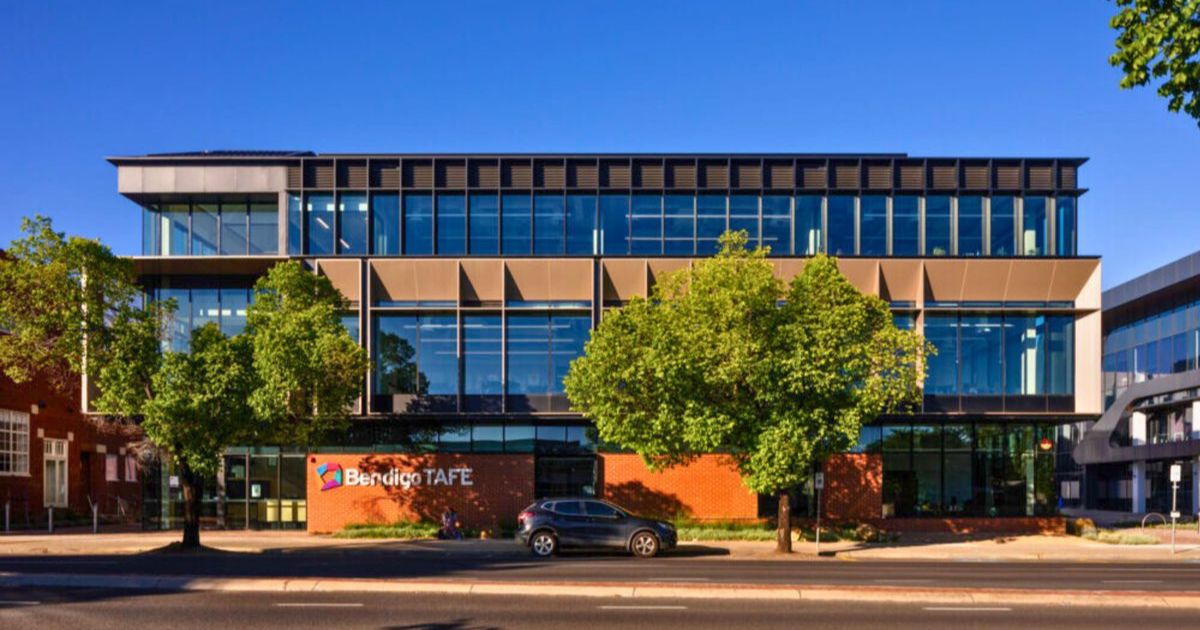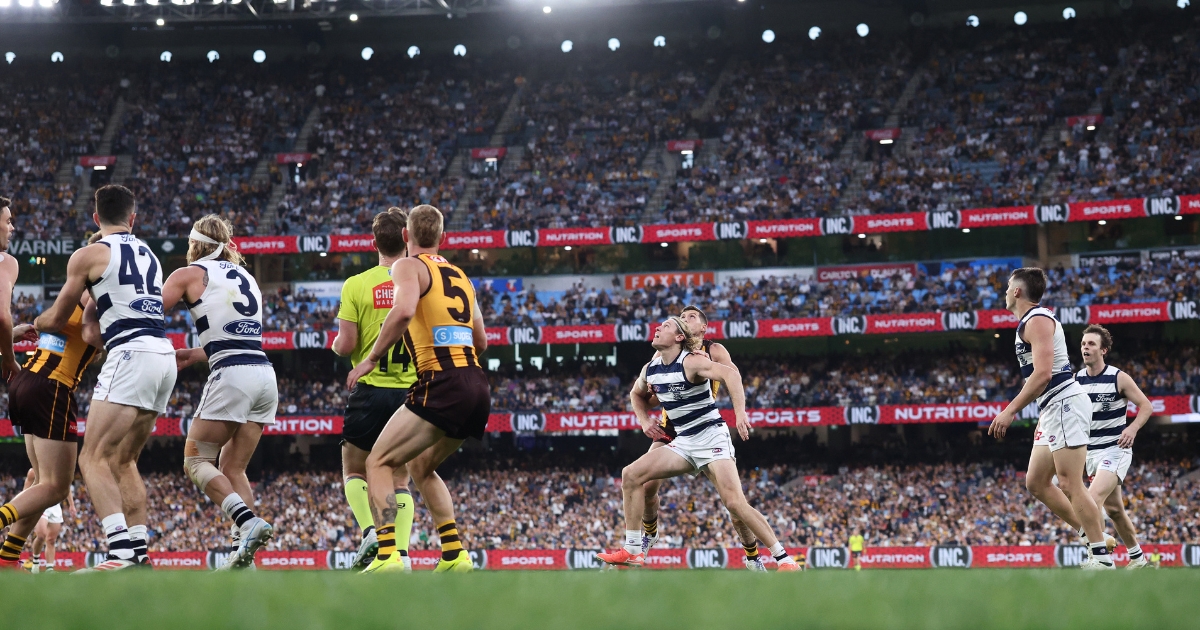From the desk of Roland Rocchiccioli – 26 November

A hero: Champion, and former Collingwood captain, Scott Pendlebury, used his name and public approbation to advance an anti-social behaviour campaign. Image: SUPPLIED
The recent Little Bridge Street family assault, and the allegations surrounding the distressing incident, is cause for concern; however, it is not a crisis unique to Ballarat.
UNDERSTANDABLY, across the nation the outrage is palpable.
Indeed, the ugly malaise has been festering for half-a-century. It is now an international, intergenerational challenge. Societal disintegration and anti-social proliferation have been debated by anthropologists, ethnologists, social scientists, and psychologists. Academically labelled, ‘wicked problems’, they are seriously problematical, and by definition, insidious.
As the disturbing details of the Ballarat assault have been made public, the community’s angry response has been to denigrate local police, querying their response and persistent efforts. The available anecdotal information would suggest the perpetrators were a group of marauding youths. If it be found to be so, then we should look to the parents for an explanation – even redress. They should be held accountable for the actions of their offspring. Too many have abrogated, with alacrity, progeny liability.
The apportioning of blame serves no purpose. It does not advance the narrative and offers no articulate remedy. The police remain as frustrated as the public; furthermore, they do not dictate the social mores. They are a law enforcement organisation and deserve our respect. They maintain the prevailing public standards and reflect society’s morals. They are a public manifestation of the people’s attitude.
The world is nuanced. The global village, complex. The prevailing zeitgeist has moved, seismically. While policing policy remains reactive, there is, as a consequence of societal transformation, a repositioning of efforts to focus on long-term strategies.
“We need the community to stay the course, to follow the script and support police in their local design,” said Victora Police Acting Superintendent Jason Templar.
“If we get it right, it will provide a blueprint for other societal issues which plague the community.
“There will be more challenges, but now, more than ever, police require community confidence to embed those plans which have been developed in consultation with community leaders and local councils, and to achieve the desired outcome.”
Unreasonably, and too often, we demand police solve those societal problems which we have fostered. We have permitted a vociferous, often self-serving, destructive minority to dictate and destroy the fabric of our ethos.
The social prophylaxis is not the fault of the police; nor is it their remit. The dark, destructive forces are multifarious. The societal demise is the direct consequence of a diminution in public propriety,
communal inaction, a partial collapse of leadership, and an absence of civic involvement and commitment. The persistent indifference to our erstwhile behavioural patterns is fault of the entire community.
Government schoolteachers have been bullied and stripped of any effective disciplinary powers. It is not the lot, or the task, of the school, or any other establishment, to instil those vital, life-enhancing, civilised values.
The fabricated dogma of religion notwithstanding, we have destroyed the simple communion tenet of religiosity – the sharing or exchanging of intimate thoughts and feelings. We are less embracing; devoid of spirituality. The notion of ‘food for the soul’ is dismissed as quant.
Most concerningly, civility has been erased from our lives; we have become an insolent and disrespectful society. Language is barbative; venality is rife. We lack regard. Concern and good manners are dismissed as weakness.
The problems demand immediate and on-going community attention.
Recidivistic recalcitrance is on the increase. The police are rendered impotent. They cannot achieve in isolation.
We could do a whole lot worse than reformatory schools.
Roland can be contacted via [email protected].


















